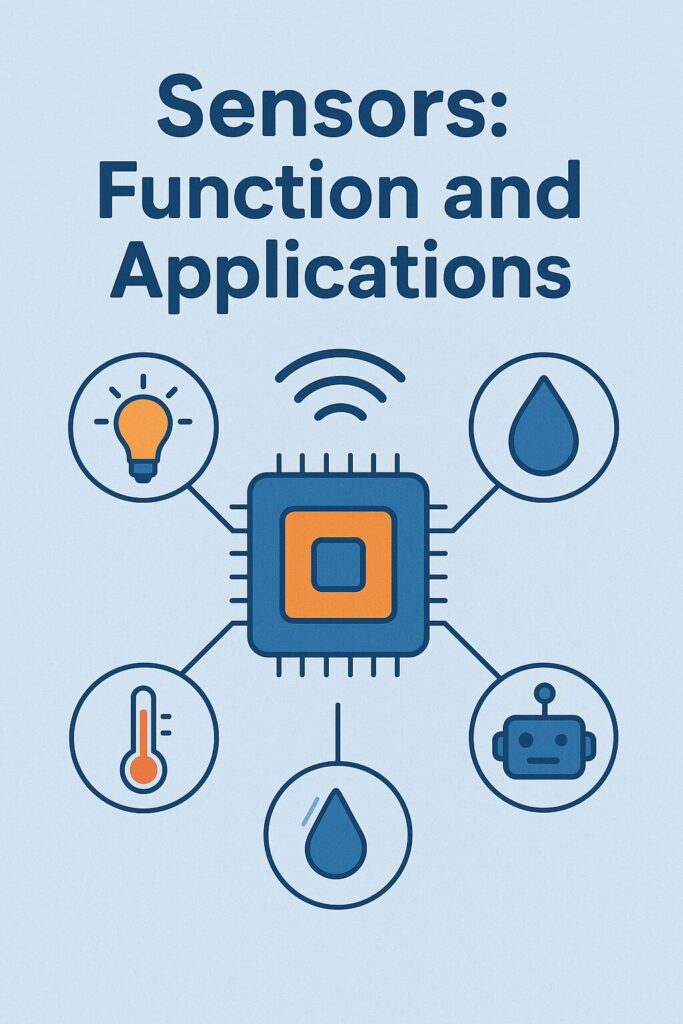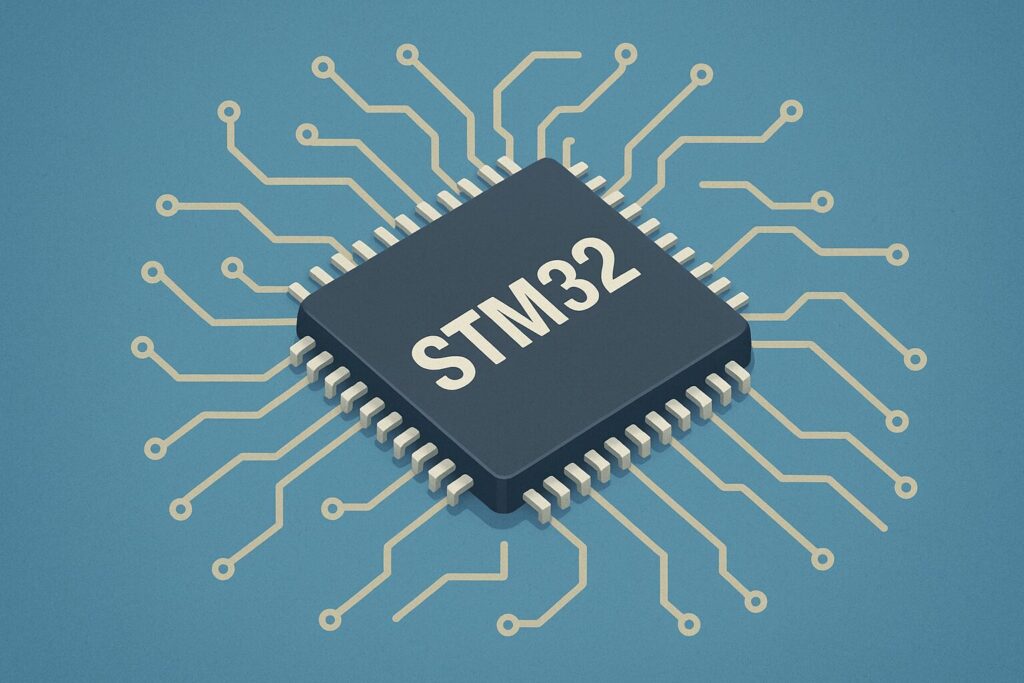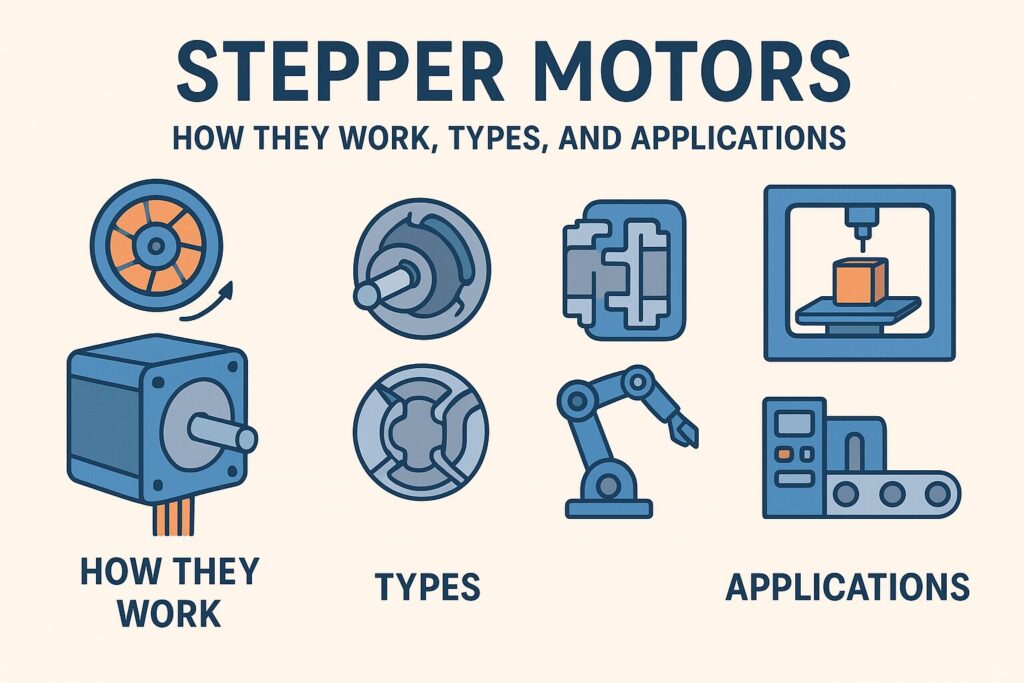A sensor is a device that detects a physical quantity from its environment and converts it into an electrical signal that can be interpreted by a control system. Sensors are essential building blocks in a wide range of applications, from everyday consumer electronics to complex industrial machinery and automation systems. They allow machines and devices to monitor their surroundings, collect accurate data, and respond intelligently to changing conditions. By measuring parameters such as temperature, pressure, fluid levels, speed, current, and position, sensors provide the information necessary for control systems to make real-time decisions. This enables machines to operate safely, efficiently, and autonomously, reducing the need for constant human supervision while improving overall productivity, accuracy, and reliability in industrial and commercial processes.
Basic Principle of a Sensor
The basic principle of a sensor is straightforward:
- It detects a physical change.
- It converts this change into an electrical signal.
- It transmits the signal to a control system (e.g., a microcontroller or control board).
For example, a temperature sensor measures ambient temperature and sends this information to the control unit, which turns a heater on or off to maintain a constant system temperature.
Common Industrial Sensor Types
Industrial sensors are characterized by high precision and durability. The most commonly used sensors include:
Optical Sensors:
- Use light to detect the presence, position, or movement of objects.
- Examples: Checking correct product placement on packaging machines.
- Types: Photoelectric sensors, laser sensors.
- Industries: Pharmaceutical, food, automotive.
Thermocouples (Temperature Sensors):
- Made of two different metal wires; temperature changes generate a voltage that measures temperature.
- Examples: Industrial ovens, injection molding machines, boiler systems.
- Advantages: Highly reliable at high temperatures.
Pressure Sensors:
- Measure the pressure of liquids or gases.
- Examples: Hydraulic systems, compressors, pumps.
- Importance: Critical for safety and proper system function.
Level Sensors:
- Detect fluid levels in tanks or containers.
- Examples: Monitoring milk, oil, or water tanks in food production.
- Types: Float, ultrasonic, capacitive.
Current and Voltage Sensors:
- Measure electrical quantities.
- Examples: Motor control, overload monitoring.
- Applications: Power electronics and automation panels.
Inductive and Capacitive Sensors:
- Inductive sensors: Detect metal objects, e.g., the position of a motor shaft.
- Capacitive sensors: Detect non-metallic objects, e.g., plastic bottles on filling lines.
Importance of Sensors in Industry
Sensors are essential for machines to operate autonomously and safely. Control systems make decisions based solely on sensor data.
Examples:
- A thermocouple detects dangerously high temperatures → the system automatically shuts down.
- An optical sensor detects a misaligned product → the machine pauses until the error is corrected.
- A pressure sensor detects a drop → the pump activates.
This improves both safety and energy efficiency.
Everyday Example
Even though industrial sensors are complex, their principle is simple. A temperature sensor in an air conditioner constantly monitors room temperature. If it falls below the set value, the AC switches off; if it rises above, it switches on. The same principle applies in industry, using more powerful sensors.
Conclusion
Industrial sensors are indispensable components of modern production and automation. They continuously monitor critical parameters such as temperature, pressure, fluid level, current, and position, forming the basis for controlling and supervising complex systems. Without sensors, machines could not operate autonomously and would rely heavily on human intervention.
Sensors ensure reliability and stability in modern production processes. They allow machines to make automatic decisions, detect potential errors early, and maintain high precision and quality. Different sensor types serve specific functions: thermocouples detect temperature deviations, optical sensors track position and motion, and level or pressure sensors monitor fluids and system integrity.
Together, sensors enable the automation of even complex processes, reduce human error, and increase productivity, while ensuring that industrial operations run efficiently and safely.
🔗 Get in touch with us :
Phone/WhatsApp: +41 76 212 8248
✉️ E-Mail: info@revantechnology.com
For detailed information about our services in electronics development & PCB design:
Revan Technology – Your partner for professional electronics and PCB development
Discover our recent work:
Revan Technology – Our Projects


